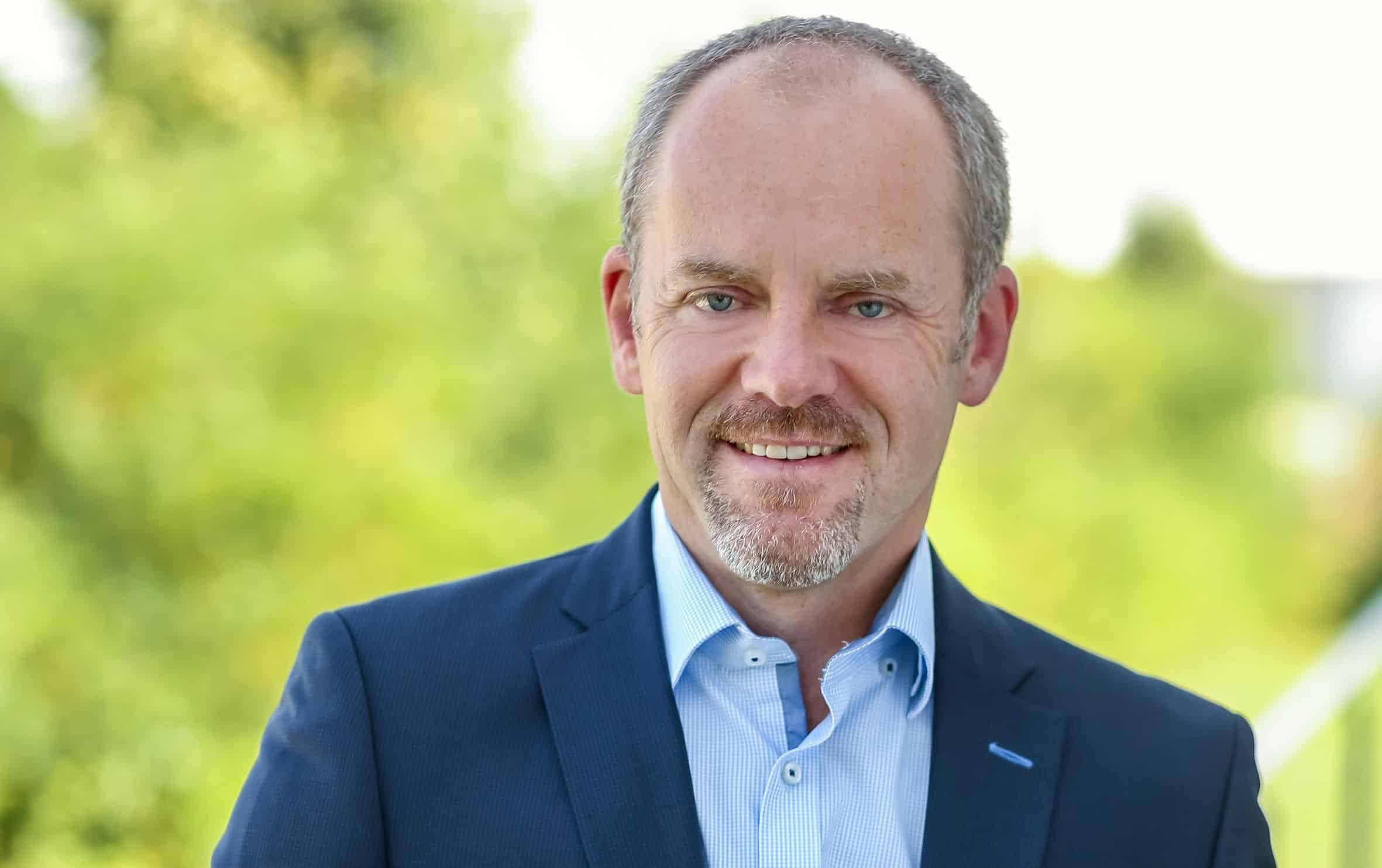What banks and fintech companies can learn from each other
Thede, be candid, can banks ever be as innovative as fintech companies?

I am convinced that they already are. We have a lot of ideas and a unique platform to implement them. There is a saying: “Innovation is 1% inspiration and 99% perspiration” – in other words, hard work.
Coming up with ideas is the first step to innovation but implementing them requires great commitment and courage. From my daily work at Sparkasse Bremen, I know that trying is always worth it in the end, because you can only succeed or gain valuable knowledge. So, just go for it and don’t spend ages discussing your ideas in working groups, otherwise someone else will just pick up the reins.
At what stage of development are banks and fintech companies?
As I see it, the fintech boom had been in the making since around the turn of the millennium. In the years that followed, traditional banks were busy coping with the effects of the financial crisis. Fintech companies, however, started developing innovative technologies to challenge banks in their established business areas – always fully focused on the customers and their needs.
Financial institutions were relatively late to react to this development. They didn’t open up, continued to develop their products and services behind closed doors, and then wondered why their products and the customers’ wishes didn’t really match. Now, however, credit institutions are slowly starting to change their ways, as customers change their habits, regulators insist on the disclosure of data, and fintech companies expand their B2B service offerings for a modern financial infrastructure.
The impression might arise that the main drivers of innovation are fintech and start-up companies. Have banks failed to see the bigger picture?
Fintech and start-up companies alike are quick when it comes to finding out what users need, and they are capable of adapting themselves and their products in next to no time. All of these skills are essential to gaining and keeping a foothold in the market. But in the (over-) organized structures of the banking landscape, this insight seems to have been gradually lost. However, many fintech companies are themselves not strictly regulated, and either just ignore regulations altogether or rely on banks to provide regulated services for or with them. This opens up the possibility of a partnership.
But fundamentally, one has to admit that fintech companies aren’t the sole masters of innovation. We at Sparkasse Bremen develop solutions that are on par with those of fintech companies. In recent years, we have even been a first mover in some areas on the German market. We achieve this by consistently thinking from our customers’ perspective, just as fintech companies do.
In what areas are fintech companies better than banks, and how can banks keep up with them?
Fintech companies, like all start-ups, are daring and adventurous. They fight for survival every day and have to constantly reinvent themselves. This, per se, is the epitome of agility. Another big advantage of fintech companies not everyone is aware of is that they don’t have to rely on an outdated infrastructure. In contrast, banks have been in the business for a long time and have developed complex technologies that may impede the establishment of new structures.
While it would be risky and costly to throw everything overboard and start entirely from scratch, banks can play to their strengths by leveraging their understanding of the industry, their ability to comply with regulations, and the network they have built over decades. Fintech companies, on the other hand, can focus their energies on testing innovative technologies and implementing new ideas to gain ground in niche areas where they have a competitive advantage.
I firmly believe that banks and start-ups can cooperate in a manner that allows them to make use of their respective comparative advantages. For example, we have made collaborating with fintech and start-up companies an integral part of the development process of many of the banking functionalities we offer to our customers.
BankingHub-Newsletter
Analyses, articles and interviews about trends & innovation in banking delivered right to your inbox every 2-3 weeks
"(Required)" indicates required fields
Banks and fintech companies: pooling innovative strength
How do both sides benefit from the partnership?
This kind of cooperation is beneficial for both sides, as it gives the involved start-ups access to certain markets, customer groups and other human and financial resources and allows them to partake in the banks’ higher brand awareness. In addition, partnerships between start-ups and banks can help established companies regain skills they had previously lost and acquire new ones. Of course, these collaborations aren’t always successful and may involve a loss of money and time.
But one thing is for sure: collaborating with a start-up provides access to innovative technologies, faster and more advanced innovations, and quicker proof-of-concept solutions. In addition, start-ups can teach the banks’ employees new innovative methods.
Where can you find solutions and promising fintech companies?
Sparkasse Bremen has moved its headquarters to the technology park next to the university in order to foster synergies between start-ups and established companies. Exchanging innovative ideas and solutions gives rise to new concepts. The Campus Space on the premises of Sparkasse Bremen is a co-working space for established and younger companies as well as start-ups. In this creative environment, promising ideas can turn into real innovations.
Moreover, we offer different innovation programs such as the Campus Accelerator, which is primarily aimed at start-ups in their early founding phase. This program allows them to develop their ideas into investment-ready business models, individually supported by various employees of Sparkasse Bremen. The latter are thereby able to get firsthand insights into the spirit, the methods and the mindset of the participating start-ups – a win-win situation.
How do you transfer innovations from the fintech and start-up universe into the banking world?
We generally follow a demand-driven model. At the beginning, there is usually a concrete problem that needs to be solved. To find a solution, a small team runs a design sprint and tries out different approaches with our customers. As soon as an idea turns out as promising, we decide whether to make or buy. If our decision is in favor of “buy” we start integrating the chosen solution.
But one should always be open to topics that come up more by serendipity than by active search. Let me give you an example: a start-up that originated at the University of Bremen applied for the Campus Accelerator Program. With its product Förderfrage (in English: funding question), innovey GmbH helps you find the right funding program for your project with just a few clicks. They feature more than 2,400 different programs. It was “love at first sight,” so to speak, because Förderfrage saves our customers and consultants a lot of effort when it comes to getting the right funding.
Stay adventurous and love your customers!
What advice would you like to give us and the readers of this interview?
There are often many reasons why we are reluctant to change. Sometimes it seems that banks still don’t feel compelled to make significant changes in the industry and adapt to the world around them. Maybe they are still doing too well. But couldn’t that simply be plain old status quo bias?
Because, if we ask ourselves: “Well, we don’t really want to change, but when was the last time we actually went to a record shop, a bank branch, or a video rental store?,” we might realize that the world around us is constantly changing and that we need to adapt to retain our relevance. Accordingly, my advice is: “Stay adventurous and love your customers, and you’ll be fine!”
Dear Thede, thank you very much for this interesting interview! We wish you and your team continued success and innovative strength for the adventures ahead!






